ADSactly Culture - The Mentor Archetype
In our previous posts about hero archetypes, we looked at the anti-hero and the byronic hero (who, while not strictly an archetype, is a pretty interesting dude). Now, I would like us to examine another fascinating archetype, one that I'm sure will appeal to many @adsactly readers – The Mentor.
While a hero himself, the mentor usually is different from the protagonist. He usually comes as an older individual, a wise adviser to a younger, inexperienced character (usually the hero). They usually have excellent abilities, they're fast, clever (often more so than the protagonist), but they have somehow grown too old for the task at hand or they can't perform it (and be the protagonist themselves) because they have other things to do. They must fulfill some other part that fits into the larger story.
The mentor normally helps the hero, though often challenging his choices along the way, making sure he is on the right path. He usually offers invaluable advice and guidance to the hero and thus becomes crucial to him, and the story itself. Think a professor, a wise old man, often with a long beard. Or the guy in all those kung-fu movies who must teach the young hero to fight and embrace his destiny. That's the mentor.
Oh and before we look at some examples for this particular archetype, did you know the word 'mentor' comes from Homer's Odyssey? Mentor is a trusted friend and adviser of Odysseus who, during the Trojan War, stays home in Ithaca to watch over Odysseus' young son, Telemachus. At some point in the story, Telemachus seeks Mentor's advice, not knowing that it is actually the goddess Athena (goddess of wisdom) disguised as old Mentor. Just a fact.
1. Gandalf the Gray (The Hobbit&The Lord of the Rings)
Gandalf is quite simply the mentor, he's normally the first example that comes to mind and a truly great one. Gandalf is old and wise, though his age is not what's stopping him from fulfilling the quest. He can not take the Ring to Mordor himself and destroy it because his power is too great.
For short, the Ring reacts to its bearer and to the power they carry. And obviously, wizards have a lot more power than little hobbits, so the Ring would be a lot more dangerous if it was carried by Gandalf himself (readers/viewers probably notice that, in the Fellowship of the Ring, Gandalf refuses Frodo when he offers him the Ring, warning him not to tempt him).
But despite his inability to carry out the destruction of the Ring himself, Gandalf plays a very important part in the story, often advising Frodo (words that stay with the hero even after the two are separated) and helping him as best he can. Like a good mentor, he questions Frodo and pushes him to think further, just like he did with his uncle Bilbo, many years before. It's interesting to note the many similarities between Gandalf's relationship with Bilbo and his relationship with Frodo, sixty years later. He then goes on to help him from afar, destroying Saruman's staff and waging war from the other side on the armies of Mordor, defending Middle-Earth. In the end, even saving Frodo and Sam from Mordor, which is slowly destroying itself after the Ring is gone.
2. Haymitch Abernathy (The Hunger Games)
Another interesting representation of the mentor archetype is Haymitch, in Suzanne Collins' The Hunger Games. Throughout the series, he serves as adviser (though with a lesser beard) to young Katniss Everdeen, the protagonist of this particular story, and to Peeta Mellark.
He cannot fulfill the mission himself because he is too old. The truth is he too was once in the hero's position (which is a common mentor-trait) having been a tribute himself and having won the hunger games by “outsmarting the others”. But that day is gone and even though he wishes to help Katniss, he can only do so from the sidelines (by giving her advice, by finding sponsors for her while Katniss is in the arena etc).
A mentor is someone who was lived more than the hero (like in real life, I suppose) and can offer sage advice through the experience he has gathered. Being once a tribute himself, Haymitch can offer invaluable on-point advice to Katniss.
And, like with all mentor-hero relationships, the bond between Katniss and Haymitch eventually wanes, and although he continues to offer advice and support her, she does not trust him as much. This is necessary in any such relationship, because it's the only way the hero can learn to go his own way and discover what he is truly capable of. For that to happen, every mentor must eventually die, either figuratively or for real, just as Gandalf “dies” in the Mines of Moria, leaving Frodo to fend for himself.
Haymitch is interesting because he is a more flawed mentor, alcoholism being the most notable of his problems. Again, this is a common trait among some mentor figures, as we'll see in the next example.
3. Albus Dumbledore & Hagrid (Harry Potter series)
No, I did not mean Dumbledore, of course I didn't. I meant Hagrid, who is also flawed (interestingly, also a heavy drinker). I put the two in the same paragraph because they both serve as mentors to Harry Potter, even though they have different purposes. Hagrid was also in Harry's shoes, being once a student at Hogwarts, and now has the task of watching over the young hero (on Dumbledore's orders, no less) and ensuring his survival and well-being.
They are two sides of the same coin, Hagrid leaning towards the more “real” type of mentor, who provides Harry with advice based on his own life experience, and although flawed, is very important in the hero's journey. And then, there is Dumbledore, the wise one, as it were, another wizard with a long beard and a very smart head. Another wizard who must tragically die, this time for real, in order for the hero to understand his full potential and stop relying on his mentor.
There are many examples to be found of the mentor archetype in popular modern culture, such as Obi Wan Kenobi in Star Wars or Mufasa in The Lion King. A great example of the mentor archetype is Merlin in the legend of King Arthur.
Undoubtedly, they all have a key role to play in the unfolding of events, preparing the heroes for the journeys and battles that are to come, imparting knowledge and helping them find their own way.
So, who is your favorite book/movie mentor?
Authored by @honeydue
Click on the coin to join our Discord Chat

Witness proposal is here:
Go To Steem Witness Page
In the bottom of the page type: adsactly-witness and press vote.

Use small letters and no "@" sign. Or, click here to vote directly!
Thank you!
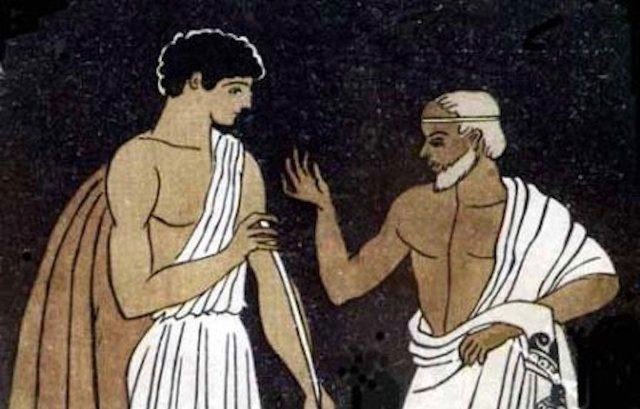
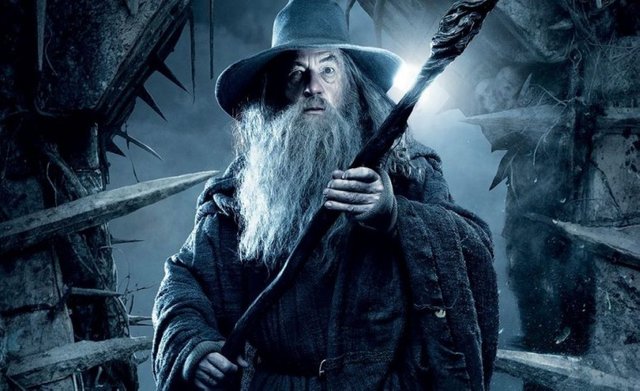
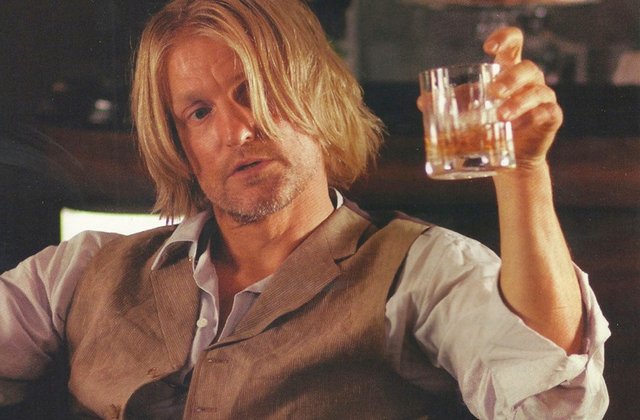
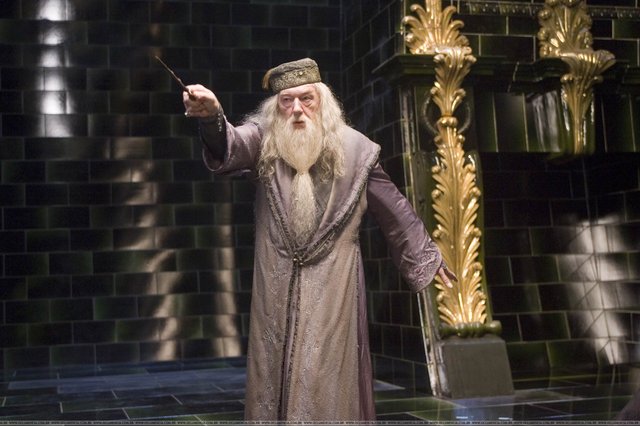
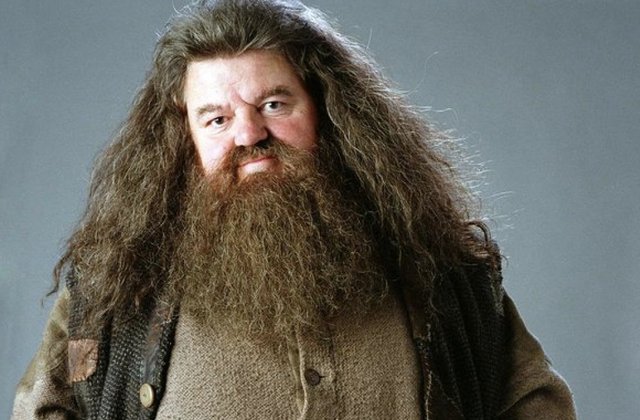
What I like most is how easily you relate the topic with a movie characters. The best thing people easily remember a movie story , dialogue or a character. Relating these character with your topic you make people to easily differentiate.
A Mentor is one who is always influential charm and make people to do wonder. ...experience , guidance and knowledge the mix of three makes them the deadliest. There is a character in India as well..."Chanakya" who made Chandragupta Maurya to conquer and rules many part of India. Thanks for sharing some detailed insight about being a true Mentor.
Posted using Partiko Android
The mentor is one of the fundamental pieces to achieve growth. Much of what is achieved is due to the type of mentor you have had. It usually works as shamans, tutors, parents, spiritual guides who help you get better along the way. In my professional life I have had many mentors and in my intimate life I have had the best of them all: my dad. As for cinema, I have a beautiful memory of Kesuke Miyagi in the Karate Kid movies.
We all remember this dear old man, who turns an insecure young man into a real fighter thanks to his techniques. Likewise, I remember that the best of all is Yoda, the most respected of the Jedi masters. I think many of us, according to our professions, in my case I'm a teacher, we're mentors and we're helping people every day get what they want and do the basics of what they want to be in their lives. As always, nice and interesting post, @honeydue. Thank you for sharing.
You come doing a great job of following typical figures of the culture that are of great interest. Very good, @honeydue! your most illustrative references are of more recent literary or audiovisual manifestations, which you do very well and I thank you, because my knowledge of them is not so dedicated.
If I wanted to make some very brief notes. The mentor, who we can understand as a guide, advisor or consultant, is a figure of great interest in the history of culture, especially that of the Eastern Hemisphere, which would broadly include Greece. Emblematic are the Zen or Sufi masters of legends, tales and philosophy. In Greek mythology and literature a Tiresias or a Nestor; in philosophy Socrates or Aristotle. In the American lands, in the cultures of aboriginal roots it also appears (the "teachings of Don Juan" of the Mexican culture have been very diffused),
It is a figure typical of ancient communities and classical cultures, and through them passed into medieval times. It is no coincidence that the stories of the books or films to which alludes are linked in a certain way to cultural atmospheres of this type, or that imitate them.
Our contemporary world has devalued or displaced this figure; the closest thing to it is the educator or teacher and the psychologist or psychiatrist.
I remember two beloved films that are not as recent as the ones in which you quote that figure appears very well represented in the roles I allude to: Finding Forrester by Gus Van Sant and "Dangerous Minds" by John Smith.
Thank you for a beautiful post, @honeydue.
Inspiring Post
Every life story must be an advisor, teacher, motivator or guide. I don't think it's just a mentor for heroes. even the anti hero has a companion who gives support. Presumably, the mentors of the heroes and anti-heroes also have relationships that are almost the same as heroes and anti-heroes. it could be that they have a past that is in line with their foster students.
In my opinion, mentors always have advantages that have not been mastered by prospective heroes, because of age or experience that is still immature. Emotions that are still exploding and careless actions so that the mentor holds a big role in giving direction to the journey of the heroes. Nevertheless, the mentor does not necessarily use his means and strength to fight anti-heroes. He will only appear and in order to guide the hero. Motivate when the spirit weakens, even if you need to use a little violence to make the potential hero come back to the embassy mission.
The character I admire as a mentor is Gandalf. He not only uses his magical powers, but also engages in physical battles, uses wisdom appropriately. Can look firm, hard and soft at the same time. It not only counts magic but also uses the brain as a strategy.
Thank you @honeydue
Thank you @adsactly
Thank you Steemit
Warm regard from Indonesia
Hello, @honeydue. I've been following your series on hero types with a lot of interest. Fresh and thorough. I really liked it.
Now that you get to this point, I'd like to comment.
I'm not going to choose a mentor hero from your list, as I would have a lot of difficulties. You've hit me right to the heart with everyone. You refer to characters from books and movies that I've been passionate about (movies don't always do justice to books or viceversa, but in this case, both movies and books are fantastic).
The Lord of the Rings, The Games of Hunger, the Harry Potter series are treasures for the imagination... and the imaginary.
A very curious case on the symbolic level within the list you propose is that of Gandalf (The Grey), especially as he opposes Saruman (The White). Gandalf stands in the middle way (his heroic reflection is Frodo, almost against his will from the daily hobbit). He bets on the force of modesty which inspires the choice of the path of the common good over the glory or power which drives men mad. He is also a smiling hero (his representation by Sir Ian McKellen is more than accurate), and that smile conveys both childish innocence and the burden of mischief.
Of course, beyond the symbolic level, as a work of characterization of the character, this "grey" is present in a somewhat more acidic and tragic way in Haymitch, a little more solemn and mischievous in Dumbledore, and more parody in Hagrid.
A very succulent topic, but I will not abuse the extension.
I am very grateful for the opportunity to read your text, @honeydue.
@adsactly Great post
Hi, @adsactly!
You just got a 0.51% upvote from SteemPlus!
To get higher upvotes, earn more SteemPlus Points (SPP). On your Steemit wallet, check your SPP balance and click on "How to earn SPP?" to find out all the ways to earn.
If you're not using SteemPlus yet, please check our last posts in here to see the many ways in which SteemPlus can improve your Steem experience on Steemit and Busy.